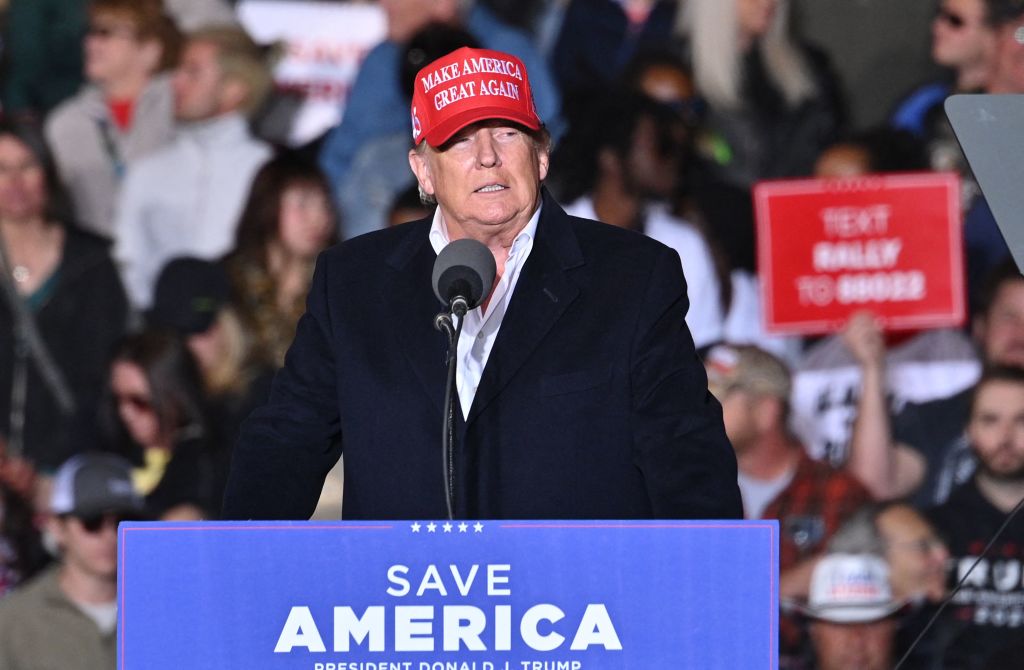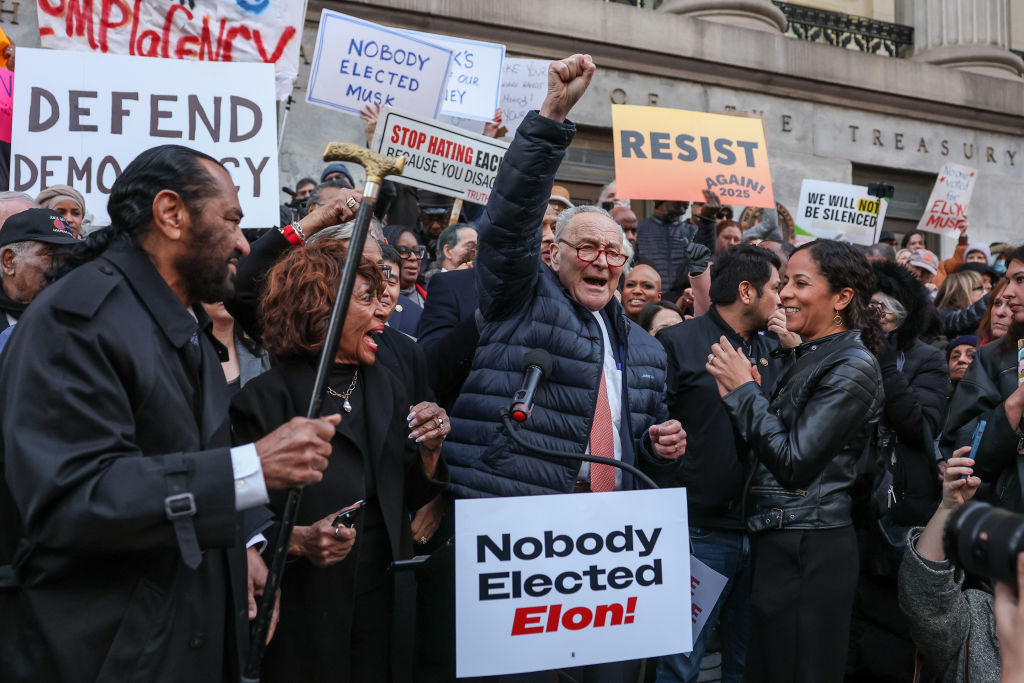The Democrats face so many problems that it’s hard to remember the Republicans face a big one of their own. Donald Trump is not just a problem for Republicans. He’s a problem for the Republic.
The problem is not Trump’s policies, whether you agree with them or not. Their populist/nationalist thrust differs from traditional conservativism, but his policies are coloring within the traditional lines of American politics. Many of them — tax cuts, immigration enforcement, increased military spending, credible threats against foreign adversaries — worked well and received enthusiastic popular support.
Trump’s emphasis on state and local solutions over centralized ones was a welcome return to standard Republican practice. So was his emphasis on legislation rather than bureaucratic regulation. He made a sustained effort to limit the ever-expanding administrative state. His attack on the Swamp, the self-perpetuating nexus of corporate lobbyists and bureaucratic rule makers in Washington, is essential to restoring constitutional government by elected officials. These policies and their largely successful results would have secured an easy reelection if the Covid pandemic hadn’t struck and been mishandled by the White House.
So, what’s the problem? The biggest is Trump’s unwillingness to accept that his opponents hold office legitimately. He has done that not once but twice. Before he ran for president, he openly doubted whether Barack Obama was a “natural-born” US citizen. Since November 2020, Trump simply refuses to accept his election defeat. His bitterness is understandable. He was treated brutally by the mainstream media and social-media giants. They did everything they could to defeat him, including burying stories that would hurt Joe Biden.
It’s hardly unusual for losing candidates to stew in their foul juices. Hillary Clinton has set a new record on that score, topping Richard Nixon’s old mark. She’s still at it, leaking bile at every opportunity. But, bitter or not, the norms of constitutional democracy require that losers publicly validate the winners, to reassure voters on the losing side that the winner holds office legitimately. That’s why Hillary Clinton’s public advice to candidate Biden never to concede on election night was so troublesome. It’s also why Stacey Abrams’s behavior was so reprehensible after she lost the Georgia governor’s election in 2018 by some 50,000 votes — hardly a trivial margin — only to claim the election was stolen. Clinton and Abrams may have set precedents for Trump’s behavior, but they do not excuse it. He alone is responsible for refusing to accept his loss, refusing to acknowledge Biden’s victory and demanding that Republican candidates adopt his stance to win his endorsement.
Losing candidates don’t have to blindly accept that elections were fair and honest. If the race is close, they don’t have to concede on election night. It’s often sensible to demand recounts and audits and to challenge the results in courts. It was perfectly appropriate for Trump to do so. What’s inappropriate is his failure to accept the results of those recounts, audits and court decisions, and his refusal to acknowledge defeat openly and unambiguously.
Instead, he encouraged a crowd of supporters to come to Washington on the day Congress assembled to count the electoral votes and certify the results. That does not mean he encouraged the assault on the Capitol Building. It does mean he should have spoken out quickly and firmly as the attack unfolded, and not remained silent, as he did.
It means he should not have criticized Vice President Mike Pence, who presided over the Senate that day, for failing to stop the certification of Biden’s victory. Trump has attacked other Republicans who accepted the results of recounts, audits and court decisions. This behavior would be toxic for candidates at any level. It’s worse for a presidential candidate and worst of all for a sitting president.
Republicans view Trump’s behavior as a strategic problem. That’s understandable: he has a huge base of support. He’s also reviled by Democrats and none too popular with Independents, especially educated suburbanites (and women most of all). This combination of appeal and repulsion poses a dilemma for Republican candidates in purple states, where candidates from either party could win. Republicans need Trump voters, but they also need independents in the general election. Candidates seen as Trump acolytes will struggle to win those independents. Glenn Youngkin won in Virginia by solving this dilemma: capturing Trump voters while keeping his distance from Trump himself and keeping him out of the state during the campaign’s final weeks. Youngkin’s victory sets a template for Republicans in other purple states, but Trump could trash it to preserve his influence.
While campaign strategists focus on these problems, it is crucial for the country to go beyond them. American democracy has suffered a series of body blows — and is likely to suffer more. It cannot recover if election outcomes are considered unfair and the winner illegitimate. Restoring trust in elections requires strong procedures to prevent fraud and ensure transparency. It requires acceptance by losers once the results have been certified by neutral procedures. All this is essential for the peaceful transfer of power. That transfer is the hard-won triumph of our constitutional democracy — and a recurrent, disqualifying test for all losing candidates. Donald Trump failed it.
This article was originally published in The Spectator’s February 2022 World edition.

























